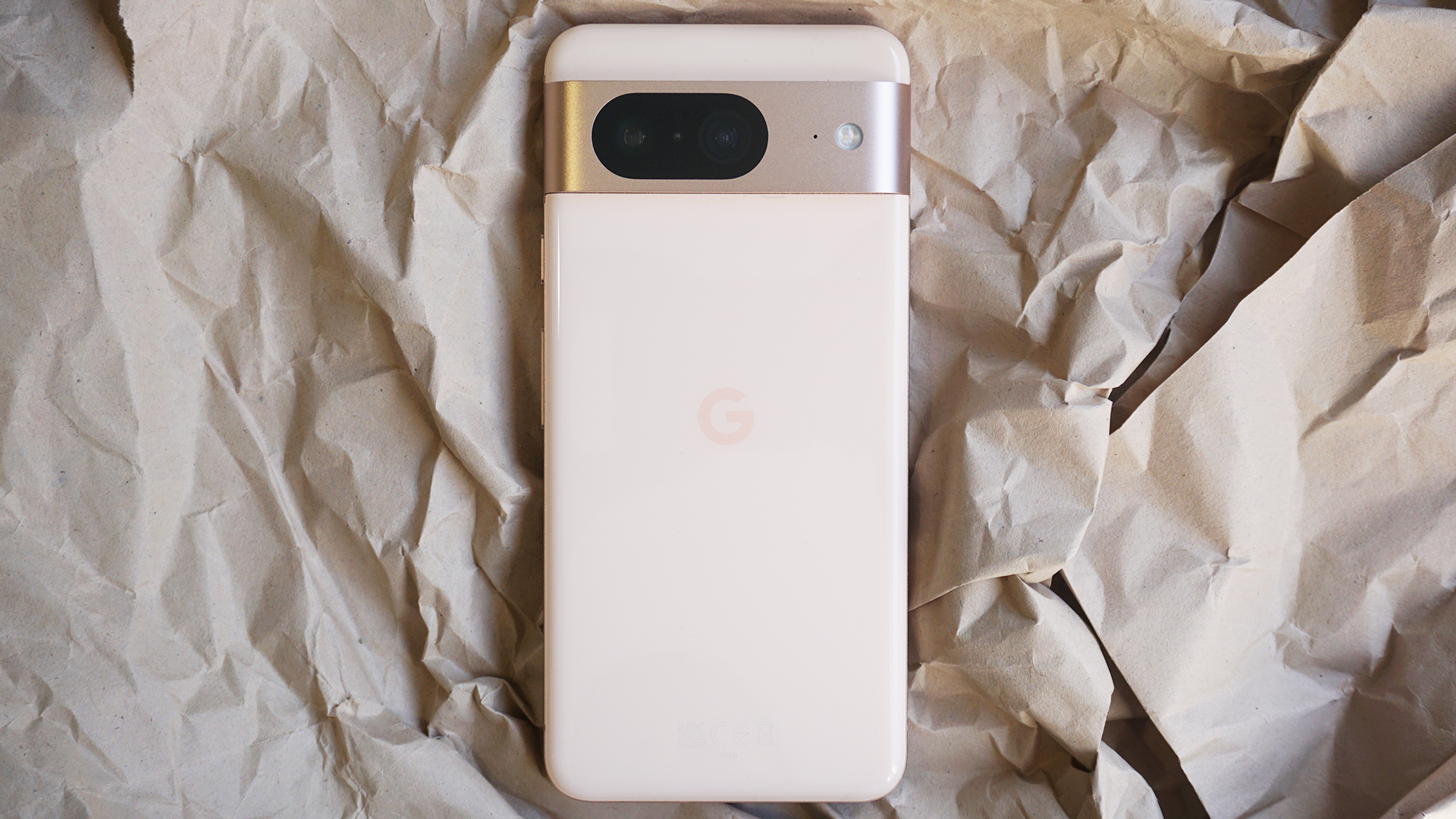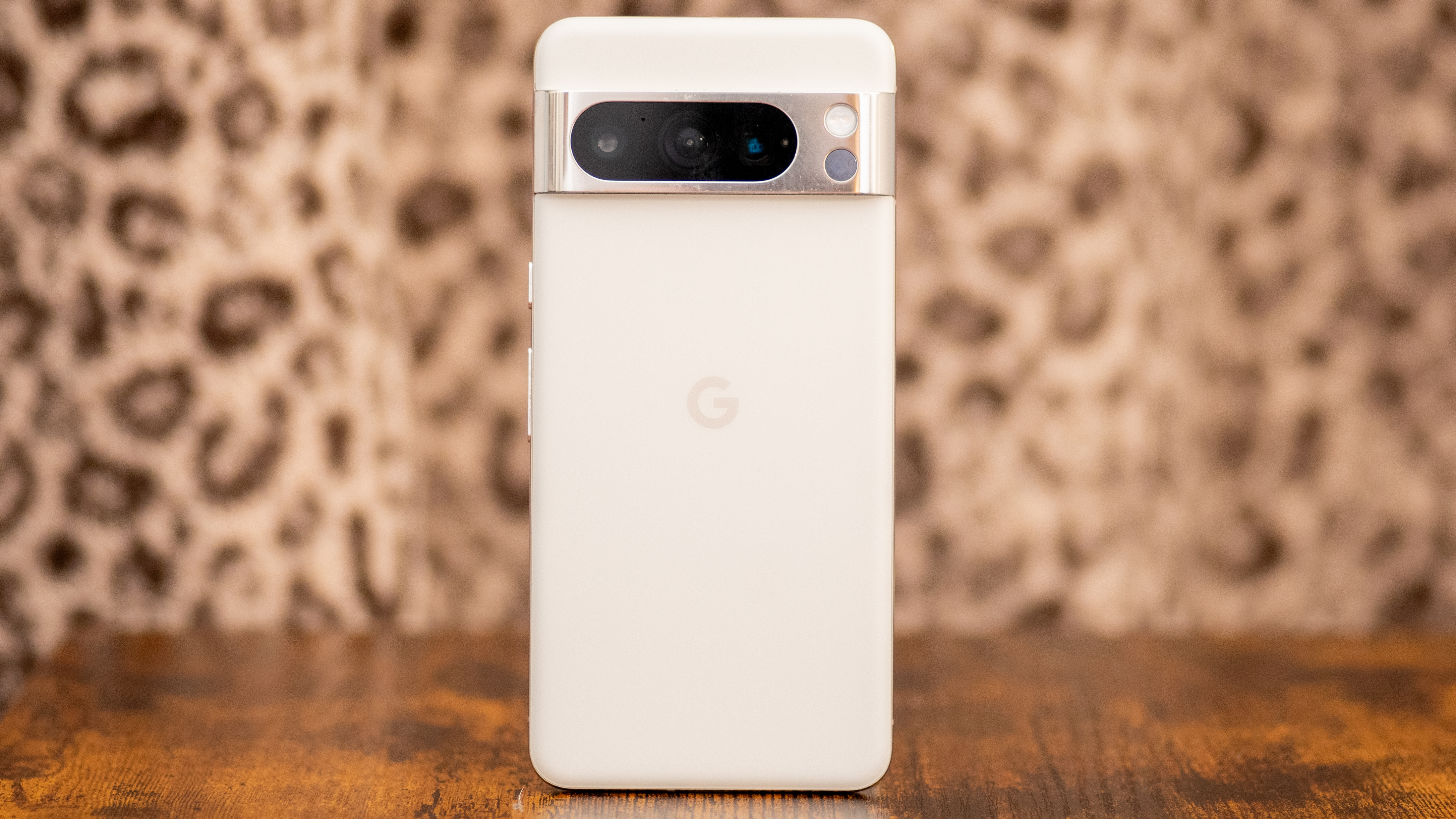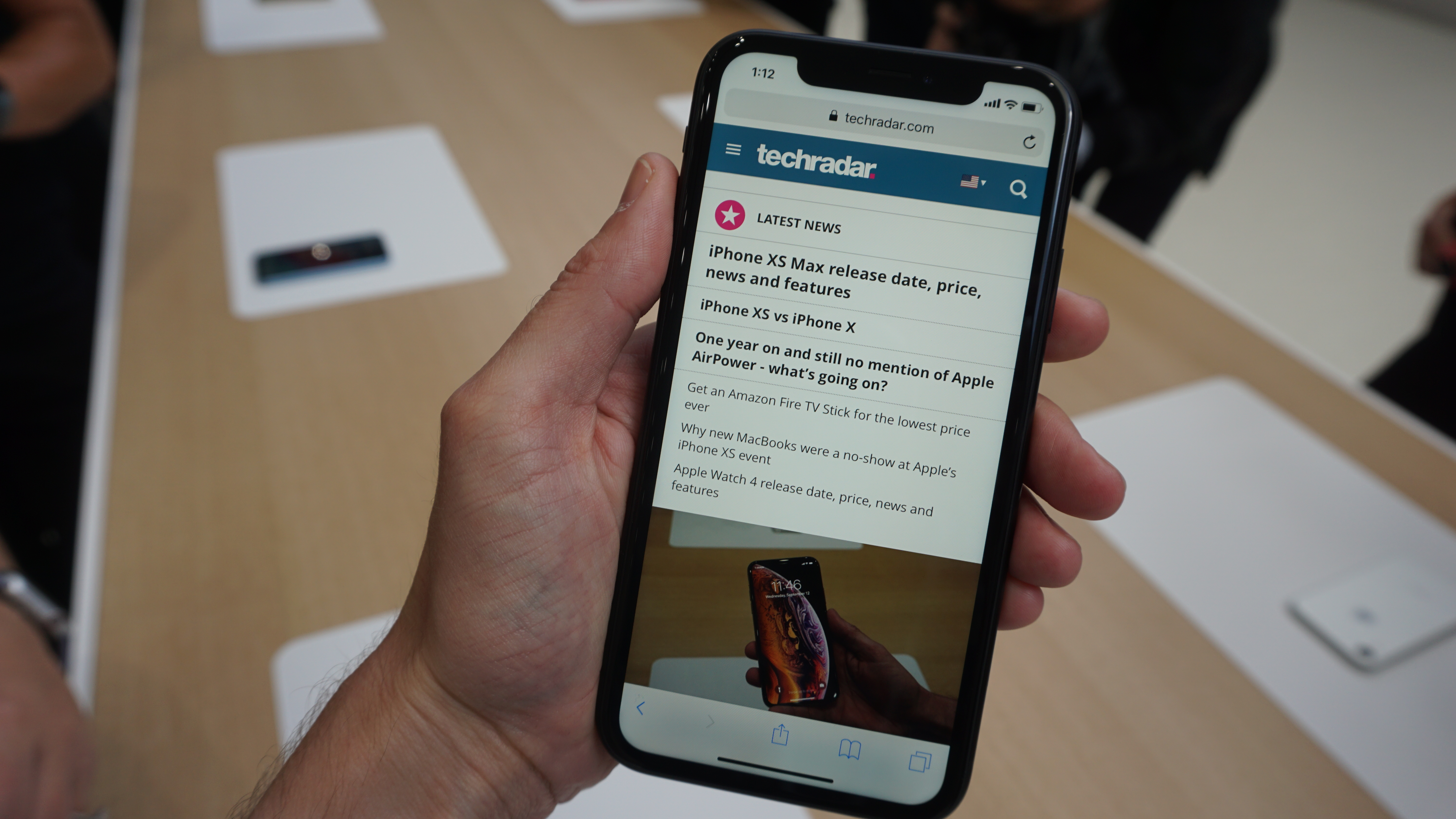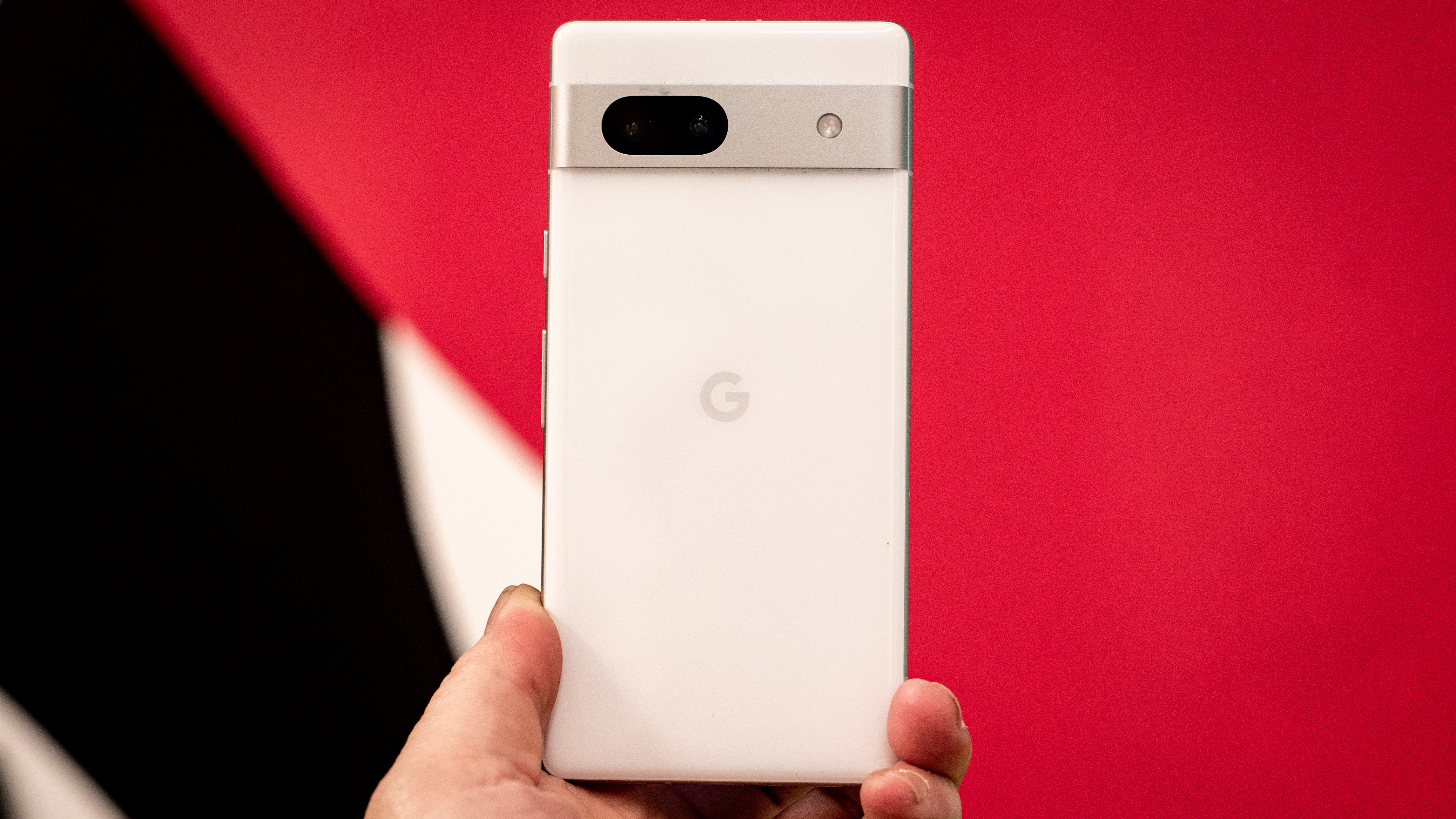No Pixel 8? Then Google might not really care about you and your old Pixel
I've got a bad feeling about that seven-year promise

If you have an older Pixel phone and you’ve been wondering when the newest Pixel features would finally be arriving, I have … news! It might be this week, but probably not. There is no rhyme or reason to Google’s Pixel feature drop, and confusion about features like circle-to-search portends deeper problems. Google made a promise to support its latest Pixel 8 phones for a very long time, and this debacle makes me doubtful that Google will deliver.
This isn’t really about the Pixel Feature Drop, not yet. I have problems with Google’s erratic ‘Feature Drop’ model, but the most important thing Google did for phones this year was its promise to support the Pixel 8 and Pixel 8 Pro for seven years from when they launched. That’s unprecedented in the phone world. Apple supports its iPhone models for five years, and it offered the longest support until Google stepped up.

Of course, Apple has been supporting five-year-old phones for more than a decade, while this longevity promise is new for Android makers like Google and Samsung. Apple has a proven track record. Until the Pixel 8 gets its final OS update in 2031 and the Galaxy S24 in 2032, we won’t know if Google and Samsung can truly deliver on the seven year promise, or what that delivery will look like.
If Google is going to beat the best, it needs to be the best
In the meantime, I’m watching for Google to follow Apple’s pattern. Apple has reliably updated its phones every year, so if Google is going to match or beat Apple’s promise, it will need to match its practices.
The iPhone XR from 2018 got the latest IOS 17.4 update recently. It also got iOS 17, iOS 16, and iOS 15 on the day those operating systems were offered. There is no delay for older iPhone models. It is obvious that Apple’s diligence keeping its phones up to date provides a clear path to that final update down the road. I feel confident that my iPhone 11 will get iOS 18 this year because it’s gotten every single iOS update, and every new iOS feature, right on time.

Google is asking me to have the same confidence in Pixel phones, and that’s not an easy ask. So far, things have been smooth with the Pixel 8 and Pixel 8 Pro. Google’s biggest software addition of the past year, the new circle-to-search functionality, was added to those phones on day one. Of course, the new search feature inexplicably launched on the Samsung Galaxy S24, but it showed up on the latest Pixel phones at the same time. No harm, no foul, Pixel 8 fans.
Google said it would bring circle-to-search to older Pixel devices, and the rollout has been odd. This week, in a Pixel Feature Drop, the new feature was added to the Pixel 7 and Pixel 7 Pro. The Pixel 7a and Pixel Fold, which are both newer phones than the Pixel 7, have not been updated with the new feature. Why?! All of these phones use the same Google Tensor G2 chipset. The Pixel 7a is a bargain phone, but it still has 8GB of RAM, just like the Pixel 7.
Sign up for breaking news, reviews, opinion, top tech deals, and more.
Why not bring the feature to all of these phones at the same time? The only reason I can imagine is that Google didn’t think it worthwhile to devote the developer resources. Google only has so many developers, and a limited number of people working on older phones. They focused on the Pixel 7 and Pixel 7 Pro first. Other phones will come later.
This makes sense at a small company, but Google has more than 180,000 employees. This smacks of laziness or a limited vision of Google’s Pixel team. Google appears to be abandoning its customers with no rhyme or reason. Thanks for spending $1,500 on the Pixel Fold! Maybe eventually it will get the same features as this Pixel 7 you could have bought for $400.
It's hard to recommend a phone Google doesn't update
This doesn’t happen with Apple, a company that supports its phones long-term. Apple doesn’t leave its older phones behind, or leave its most important buyers wondering when the cool new features might come their way. If you have an iPhone 12, or an iPhone 13 mini, or an iPhone 15 Pro Max, you got the new NameDrop feature on the same day as everybody else.
In this way, Apple simply treats its owners better. It is easier to recommend the best iPhone today because I know, from Apple’s history, how it will treat iPhone owners. I’m not so sure about Google.

The Pixel 8 and Pixel 8 Pro are great phones, and I’d have little trouble recommending them, but that’s not to say I’d have NO trouble. Will you be angry with me when Google offers a cool new AI feature for Pixel 9 owners but gives older phones neither feature nor explanation? I asked Google why the Pixel 7a was left out of the circle to search party, and they said they had nothing to share.
I’ve been recommending the Pixel 7a as a great bargain phone option, but now I wonder if Google cares about that phone as much as I do. I can’t recommend it if Google is going to leave it in feature limbo for the rest of its lifespan, for no apparent reason.
The line in the sand for me is Google’s seven-year promise, and that started with the Pixel 8, so that’s the phone I hold to a higher standard. From this phone forward, including a possible Pixel 8a that may arrive soon, I will expect Google to treat its phones equally, and to treat its owners with respect and clarity. If Google is going to change the game, making promises that beat Apple, it needs to show us that it’s ready to play ball.
You might also like...

Starting more than 20 years ago at eTown.com. Philip Berne has written for Engadget, The Verge, PC Mag, Digital Trends, Slashgear, TechRadar, AndroidCentral, and was Editor-in-Chief of the sadly-defunct infoSync. Phil holds an entirely useful M.A. in Cultural Theory from Carnegie Mellon University. He sang in numerous college a cappella groups.
Phil did a stint at Samsung Mobile, leading reviews for the PR team and writing crisis communications until he left in 2017. He worked at an Apple Store near Boston, MA, at the height of iPod popularity. Phil is certified in Google AI Essentials. His passion is the democratizing power of mobile technology. Before AI came along he was totally sure the next big thing would be something we wear on our faces.